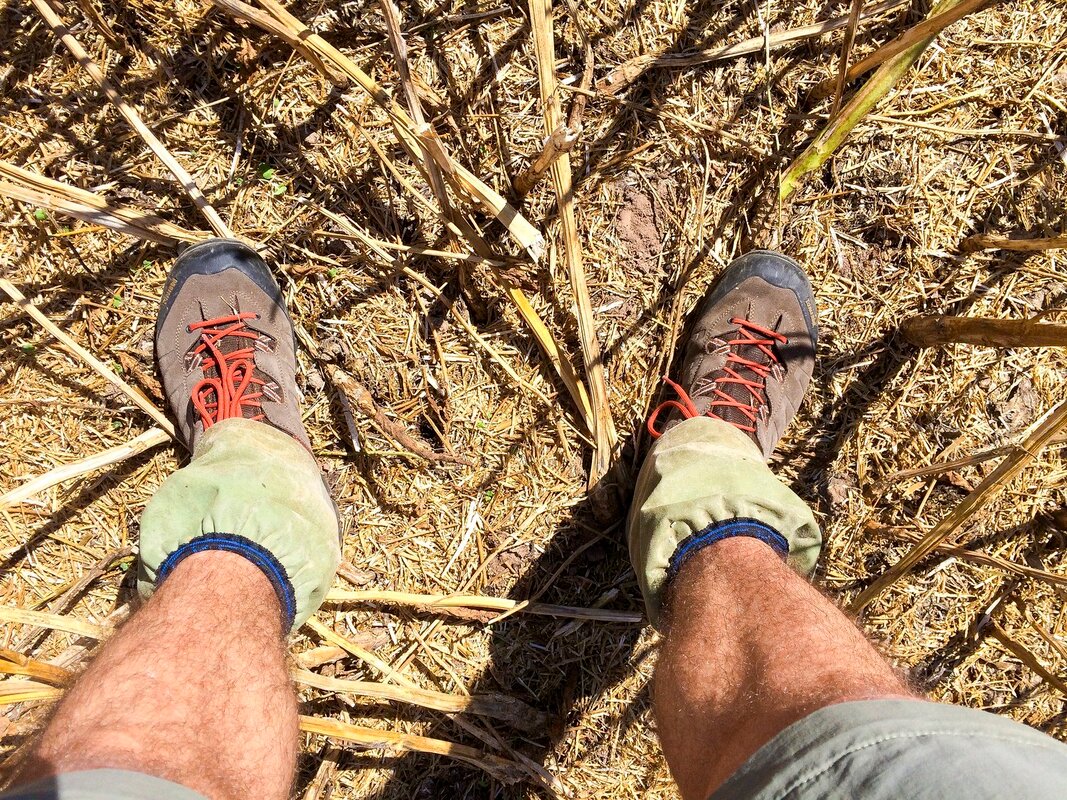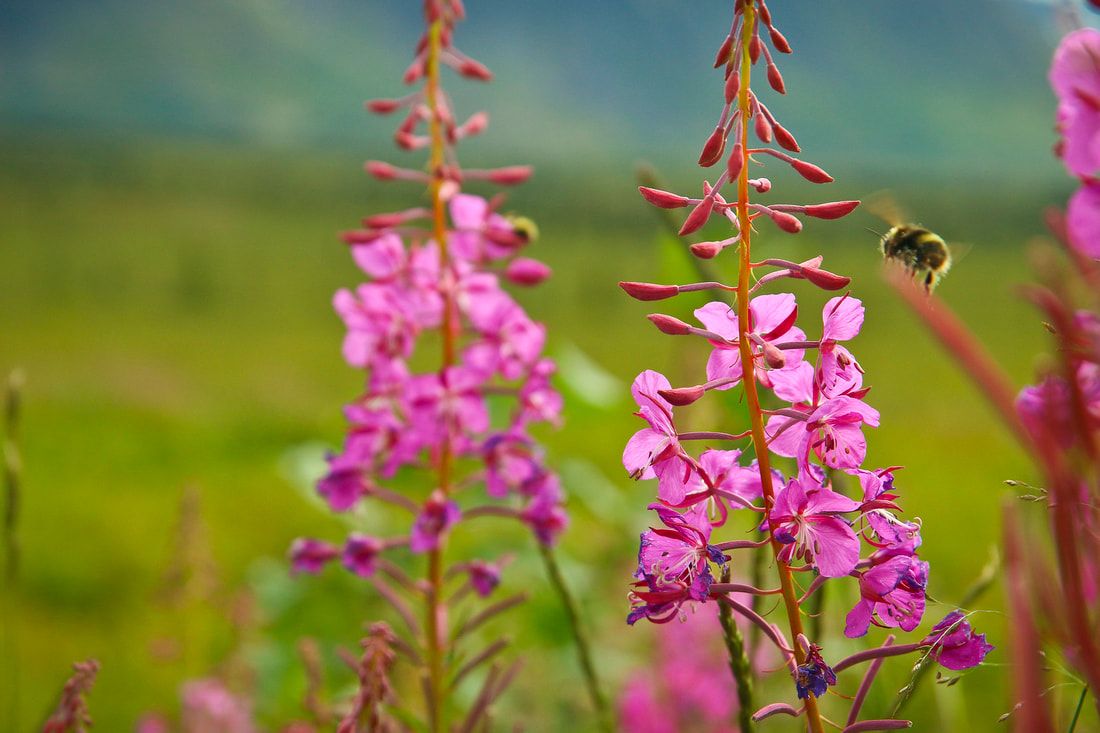|
The next time you are in western Oregon, I suggest you visit the Willamette River. Winding through lush, green forests and magnificent wetlands bursting with native fish, it is an unbelievably beautiful part of nature. (There are hiking trails and campgrounds, too.) It was not always like that. The river used to be deprived of wildlife, because foresters cleared it from trees that fell into it, thinking they would help the ecosystem. It took years of research to understand that those dead trees in the water created the very habitat that made the river teem with life, and even more work to reverse what was once thought was right. I grew up feeding sheep, making hay, and harvesting apples on my family’s small farm in eastern Germany. I knew milk didn't come from the grocery store, and neither did bread or jam. To enjoy a good breakfast, I knew a farmer had to raise a cow, nurture an orchard, and grow a crop from the soil and the water God gave us. Through research, we learned we could produce more by using fertilizer, fight weeds and bugs with herbicides and pesticides, and grow in new places through irrigation. We produced more abundant, more affordable food, and fewer people starved. Somewhere along the way, however, things went wrong. Wells dried up. The chemicals we put in the ground started polluting our rivers and lakes, killed fish and plants, and disrupted the food chain that all life depends on. That which feeds us was starting to harm our planet. Something needed to change. “Love your neighbor as yourself” is an often-cited passage from the Bible. To me, that has never meant just my literal neighbor, but everyone around me, everyone I interact with, and everyone who is affected by what I do (or do not do). I care for others as I hope they would care for me reciprocally. But what if that neighbor is not a fellow human, but the earth, the foundation our lives depend on? Earth provides me with clean air to breath, clean water for my morning tea, and healthy soil to grow the food I eat and the cotton that makes my clothes. It does that for all of us, so why shouldn’t we care for it, too? When God created everything, They gave us dominion over creation. But God also created us as caretakers of that creation, and I’m not sure we are doing such a good job with that, given that species are going extinct, oceans are becoming more acidic, and rainforests are disappearing at rates never seen before. Science tells us we are hurting our planet. Some people are convinced that humans don't have the ability to change the planet, only God can, and thus, all that happens happens for a good reason. I disagree. Not only do we change our planet, God gave us brains to understand our actions and to change our path when we see that we are moving in the wrong direction. Global change, the collective term for what is occurring to our environment, from climate change to species extinction, is happening because we are moving in the wrong direction, but also because we are not changing course. Through science, we know that certain plants help enrich the soil without chemical fertilizer, that we can reduce weeds without glyphosate, and that flower strips in crop fields nourish birds and pollinators that in turn reduce pests without pesticides. Science gives us tools to change. We just need to conjure up the will to do it. This essay was originally published in March 2022 in AllCreation.
Comments are closed.
|



 RSS Feed
RSS Feed
